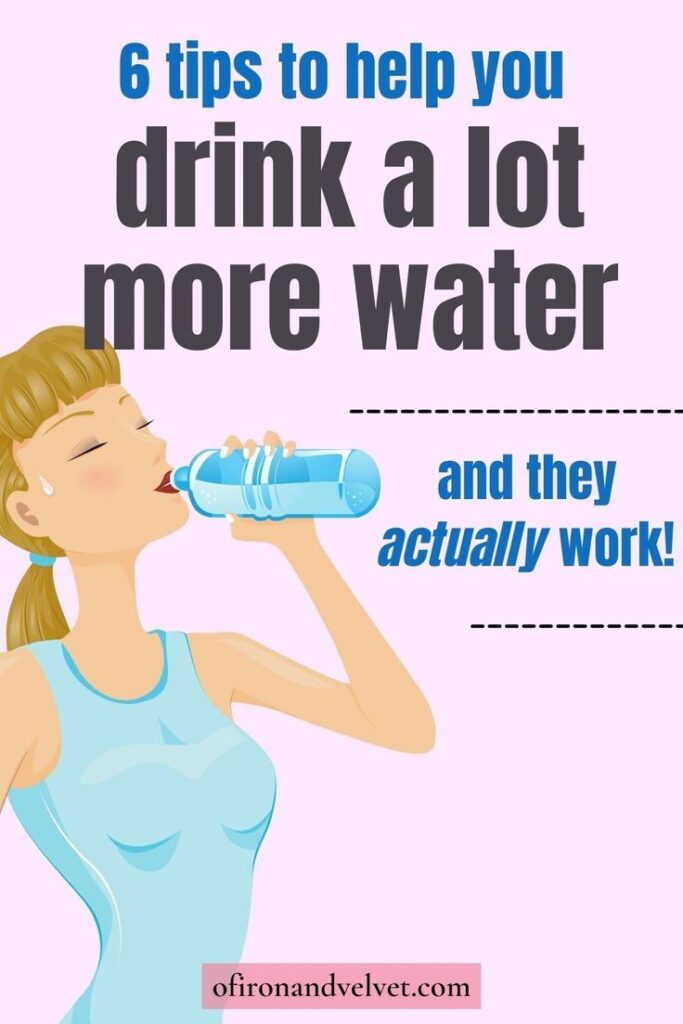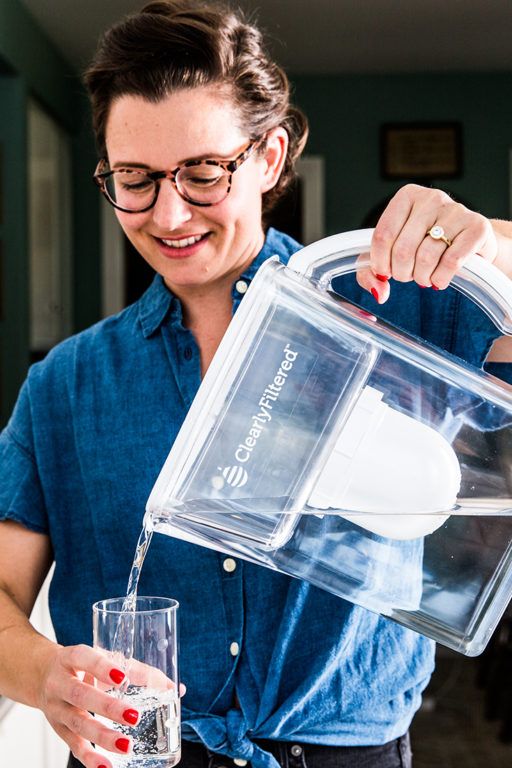Introduction
Water is one of the most critical elements for human survival. It plays a vital role in keeping the body hydrated, regulating temperature, and enabling countless other essential functions. But have you ever wondered how long a person can live without Water? The answer to this question is complex, as it depends on various factors. However, it is generally known that survival without Water is much shorter than without food. This article will explore the survival time without Water, the impact of dehydration, and key factors influencing how long someone can survive without Water.
The Role of Water in Human Survival
Water constitutes about 60% of the human body, and it is involved in several crucial bodily functions:
- Regulating Body Temperature: Water helps regulate the body’s temperature through perspiration and evaporation.
- Nutrient and Oxygen Transport: Blood, primarily made up of Water, transports nutrients and oxygen to cells.
- Removal of Waste: Water is used to flush waste from the body via urine, sweat, and even breathing.
- Joint and Organ Protection: Water is a lubricant for joints, cushions vital organs, and protects them from damage.
- Supporting Digestion: Water aids in breaking down food and facilitating nutrient absorption.
Given how essential Water is to these vital processes, the absence of Water can cause severe complications and rapidly lead to life-threatening consequences.
How Long Can a Person Live Without Water?
The question of how long a person can live without Water is critical because the body can only survive for a limited time without it. Humans can survive for about 3 to 7 days without Water. However, this time can vary greatly depending on various factors such as the person’s health, environmental conditions, and physical activity levels.
While it is possible to live without food for weeks, how long can someone live without Water is far less, making Water a much more urgent necessity. Dehydration can have catastrophic effects on the body in a matter of days.
Key Factors That Affect Survival Without Water
Several key factors affect how long a person can survive without Water:
1. Environmental Conditions
Environmental factors play a significant role in determining how long a person can survive without Water. In hot climates, where the body sweats excessively to regulate temperature, dehydration sets in much more quickly. In such conditions, survival may only be possible for 1 to 3 days, depending on the heat and the person’s hydration status.
Conversely, in cold climates, dehydration may take longer to develop as the body doesn’t sweat as much. However, even in freezing conditions, staying hydrated is essential, as the body still loses Water through breathing and other processes.
2. Health and Age
A person’s overall health and age can drastically impact survival time without Water. Individuals who are younger or older, or those with pre-existing medical conditions such as kidney disease, diabetes, or heart conditions, may have a decreased ability to survive without Water.
Young children, in particular, are at a higher risk of dehydration because their bodies are more vulnerable. On the other hand, older people may have a slower response to dehydration due to diminished kidney function and other age-related factors.
3. Physical Activity Levels
Physical activity increases the rate of water loss through sweat and respiration, significantly reducing survival time without Water. A highly active person may survive without water for a day or two, especially in hot or dry environments.
On the other hand, a person at rest or inactive may survive a little longer without Water, as the body doesn’t lose fluids as quickly. However, dehydration remains a critical concern for anyone without access to Water.
4. Nutritional Status
A person’s nutritional status also impacts how long they can survive without Water. People who are malnourished or lack adequate electrolytes and other essential nutrients may dehydrate more quickly, as their bodies are less efficient at retaining Water. In contrast, well-nourished individuals may be able to survive for a longer time without Water.
5. Body Fat and Hydration Levels
A person’s body composition and body fat percentage can influence water retention. Those with higher body fat percentages may retain Water longer than individuals with lower body fat. The leaner a person is, the faster they may lose Water, and the more quickly they will experience severe dehydration.
How Long Can a Person Live Without Food?
While we’ve focused on how long a person can live without Water, it’s important to address how long a person can live without food briefly. The body can survive for much longer without food than without Water. Depending on their body fat reserves and overall health, people can survive for weeks without food—typically anywhere from 2 to 8 weeks. However, survival without Water is critical, as the body cannot function without hydration for long, regardless of food intake.
The Process of Dehydration
Dehydration progresses in stages, with each stage worsening the body’s ability to function:
- Mild Dehydration:
- Thirst
- Dry mouth
- Fatigue
- Reduced urine output
- Moderate Dehydration:
- Dark yellow urine
- Dizziness or lightheadedness
- Dry skin
- Muscle cramps
- Severe Dehydration:
- Rapid heartbeat
- Sunken eyes
- Confusion
- Organ failure
Once severe dehydration sets in, it can lead to organ failure and death if not addressed quickly. The kidneys and other organs begin to fail, and without immediate rehydration, the body will collapse under the strain of dehydration.
Tips for Staying Hydrated
To prevent dehydration, here are some tips for staying properly hydrated:
- Drink Water Regularly: Aim for at least eight glasses of Water daily, or more, if you are physically active or in a hot environment.
- Monitor Urine Color: You’re likely well-hydrated if your urine is clear or light yellow. Dark urine is a sign that you need more fluids.
- Eat Hydrating Foods: Include water-rich foods like watermelon, cucumbers, and oranges to help maintain hydration.
- Avoid Excessive Caffeine and Alcohol: Both caffeine and alcohol can cause the body to lose Water, so consume them in moderation.
- Take Breaks in Heat: In hot weather, stay in shaded areas and take frequent breaks to cool off and hydrate.

Conclusion
In conclusion, how long can a person live without Water depends on several factors, but on average, a person can survive anywhere from 3 to 7 days without Water. Survival time is influenced by environmental conditions, health, age, and physical activity levels. While it’s possible to survive for weeks without food, how long can someone live without Water is a much shorter time frame.
Drinking water regularly is crucial, especially during hot weather or physical exertion. Understanding the importance of hydration can help you take proactive steps to prevent dehydration and its potentially life-threatening consequences.
Frequently Asked Questions (FAQs)
1. How long can a person live without Water?
On average, a person can survive for 3 to 7 days without Water. This time frame can vary depending on environmental factors, physical conditions, and other variables.
2. How long can a person live without food?
Depending on body fat reserves and overall health, a person can survive for weeks without food—typically 2 to 8 weeks. However, survival without Water is much more limited.
3. What are the signs of dehydration?
Signs of dehydration include thirst, dry mouth, dark urine, dizziness, and muscle cramps. In severe dehydration, symptoms can include confusion, rapid heartbeat, and organ failure.
4. How can I stay hydrated in hot weather?
In hot weather, drink Water regularly, take breaks in the shade, and wear loose, breathable clothing to help stay cool and hydrated.
5. Can dehydration lead to death?
Yes, if dehydration becomes severe and is not treated promptly, it can lead to organ failure and death.
Explore more: hadokin










